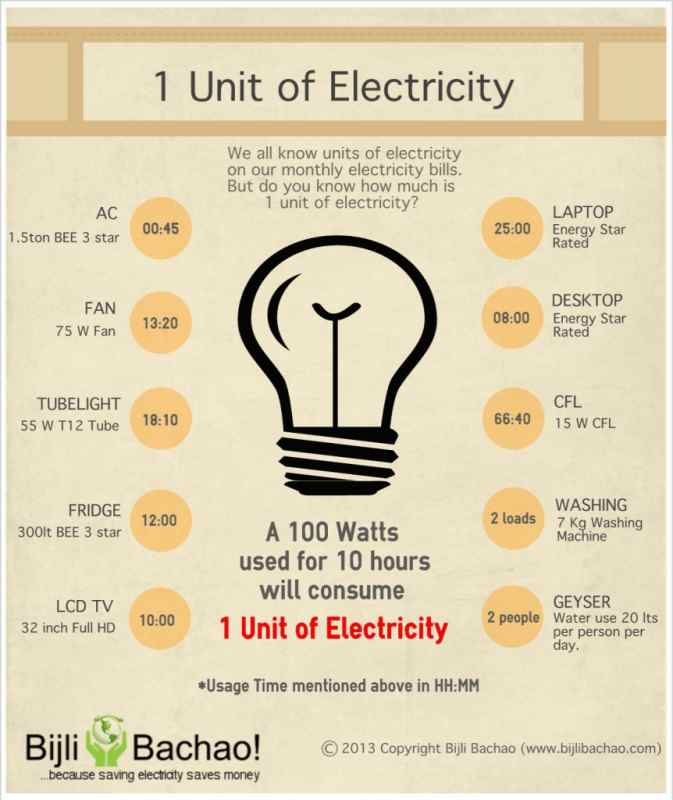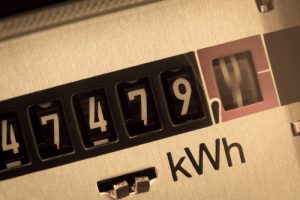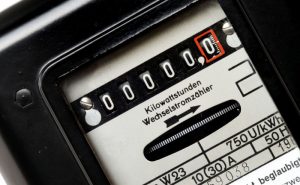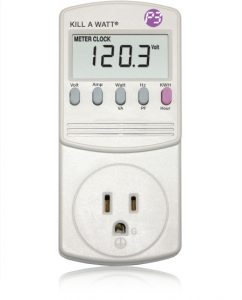What are Watt, Kilowatt. kVAh and a unit of electricity
When we get our electricity bills, it shows that we have used a certain number of units for the given period. When we go to buy appliances, most of them have watts mentioned on them. If you find it difficult to understand the relation between the two, then you are not alone. Electricity bill and its components are confusing to many and with this article, we will try to explain what are watt, kilowatt and a unit of electricity.
What are Power and Energy/Electricity
Power and Energy/Electricity are two words that are used so much for each other that many feel that they mean the same. Interestingly both of them have a very different meaning. Power is the rate at which electricity is used and energy/electricity is the actual consumption. To give an analogy, power is similar to speed but electricity/energy is the actual distance travelled.
So Power x Time = Electricity (or energy)
Just like Speed x Time = Distance Traveled.
Power and its units
Power is always represented in watt (W) or kilowatt (kW). A thousand (1000) watts make one kilowatt. So if any appliance is rated as 1.2 kW then it means that it consumes electricity at a rate of 1200 W. Now as we discussed earlier that power is the rate at which electricity is consumed and not the actual electricity consumed, Watt or Kilowatt just represent the rate at which electricity is consumed per hour. Which means that when you buy a 100 W bulb, it does not consume 100 units of electricity but consumes at a rate of 100 W.
Energy/Electricity and its units
A unit (as mentioned on the electricity bills) is represented in kWH or Kilowatt Hour. This is the actual electricity or energy used. If you use 1000 Watts or 1 Kilowatt of power for 1 hour then you consume 1 unit or 1 Kilowatt-Hour (kWh) of electricity. So the reading on the electricity meter represents the actual electricity used. Just like the odometer on your vehicle that shows the actual distance travelled by the vehicle, electricity meter shows the amount of electricity that is used. So a 100-Watt bulb if kept on for 10 hours will consume:
100 x 10 = 1000 Watt-Hour = 1 Kilowatt-Hour (kWH) = 1 units (on your meter).
What is the difference between kWh and kVAh?
For domestic tariff, one unit of electric energy consumption is equal to kWh whereas, for commercial and industrial tariff, the same is in kVAh. The reading of kVAh consumed is higher than kWh due to power factor. Power factor is the ratio of actual power divided by apparent power. Every appliance, mostly inductive load consume reactive power which does not deliver any work but consumed electricity when billing is done in kVAh. There is always an effort to match kVAh with kWh and for that capacitor banks are provided.
Estimating units consumed by any appliance
Now with most of the concepts explained we would like to make it easy for you to calculate how much units does any appliance consume. Most appliances have wattage written on them (either on their container box or somewhere on the appliance). Once you have the wattage, next you need to figure out how many hours a day do you use it. After that you can use the formula below:
Daily Units = (Wattage x Usage hours per day) ÷ 1000
Monthly Units = Units x 30 (or 28,29,31 based on month)
Please note that this formula may not work always. For appliances like Air Conditioner, Water Heater, Cloth Iron (any heating or cooling device having a thermostat to switch it on or off) and pumps, this will not work.
If required you can use a calculator to estimate the daily/monthly unit consumption if you have the ‘watt’ of the appliance and the likely usage of the appliance per day/month.
Check this video to make it easier to understand:
Also check this video that can help you understand how many units your appliances are consuming:
Tools on Amazon that you can use to evaluate your electricity bill:
Source of Information:
http://www.energysavers.gov/your_home/appliances/index.cfm/mytopic=10040
http://en.wikipedia.org/wiki/Watt#Confusion_of_watts.2C_watt-hours.2C_and_watts_per_hour
About the Author:
Abhishek Jain is an Alumnus of IIT Bombay with almost 10 years of experience in corporate before starting Bijli Bachao in 2012. His passion for solving problems moved him towards Energy Sector and he is keen to learn about customer behavior towards Energy and find ways to influence the same towards Sustainability. More from this author.







